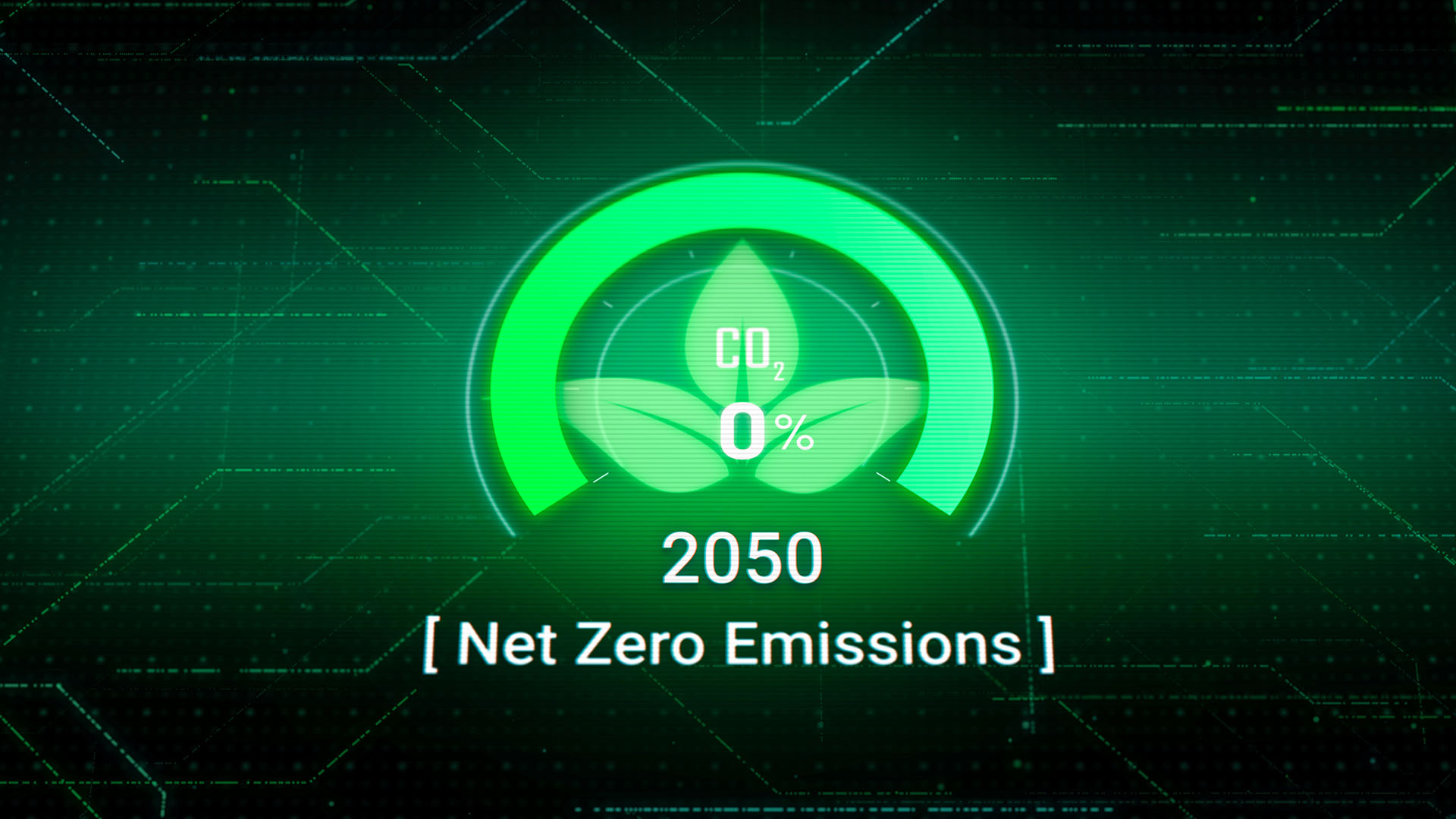
Evolving ESG disclosure regulations: Implication for advisors and funds in the energy industry
Author:
Global | Publication | June 2022
Recently, the US Securities and Exchange Commission (SEC) announced proposed rules requiring investment advisors and funds to include climate-related disclosures that are reasonably likely to have a material impact on their business, results of operations or financial condition.1 A year earlier, the SEC announced its Climate and ESG Task Force, created for the sole purpose of investigating ESG-related disclosure violations, with the ultimate goal of formulating standardized, comprehensive disclosure requirements.
SEC Chairman Gary Gensler’s recent remarks are a good indicator of the current administration’s views on ESG issues and the investment fund disclosure requirement proposals.2
“As investor interest in ESG investments has grown, so too have ESG investment products and services. For example, we’ve seen an increasing number of funds market themselves as “green,” “sustainable,” “low-carbon,” and so on. While the estimated size of this sector varies, one estimate says that the “U.S. sustainable investment universe” has grown to $17.1 trillion. Suffice it to say there are hundreds of funds and potentially trillions of dollars under management in this space. “ESG” also encompasses a wide variety of investments and strategies. Some funds screen out certain industries. Others specifically include certain industries. Others may claim to have a particular impact on an issue. Some may track board votes or make assertions about the greenhouse gas emissions, labor practices, or water sustainability of their underlying assets. Some funds involve human judgments. Others might track an outside index.”3
In his July 2021 remarks, Gensler contended that the “basic bargain is that investors get to decide what risks they wish to take,” and that despite opposition to the SEC’s proposed disclosure requirements at every historical moment, these eventually “become so integral…that it’s hard to imagine investors making a decision without them.”4 Having decided that ESG is important to investor decision making, particularly as claims about ESG are part of the investment thesis, the SEC is tightening the screws on requirements for reported ESG risks, opportunities and issues, and certainly the Biden administration is “focused on the issue, [sending strong signal that] a clampdown is looming.”5
The SEC’s recently settled charge against BNY Mellon Investment Adviser, Inc. (BNYMIA) for material misstatements and omissions about a sub-adviser’s ESG quality reviews provides a glimpse, if somewhat unclear, of where the SEC and the Biden Administration are headed with regards to standardizing “ESG quality reviews.”6 The SEC alleged that representations about the use of the written ESG quality reviews prepared and used by the investment team as part of BNYMIA’s research process for debt and equities investment recommendations in connection with BNYMIA’s Overlay Funds were materially incomplete because they did not fully state that the sub-adviser could and did select portfolio investments that were not subject to a full ESG quality review at the time of investment. In one example, the SEC noted that 67 out of 185 investments made by one Overlay Fund between January 1, 2019 and March 31, 2021 did not have an ESG quality review at the time of investment.7 It is worthwhile to note that the BNY Mellon case is not the only SEC enforcement action pertaining to ESG reporting and disclosures.8
Prefaced by developments surrounding climate change disclosure requirements, the outcomes of these recent SEC charges paint a more vivid picture as to the wide reach the SEC’s ESG Task Force is asserting in enforcement and interpretation of ESG disclosure requirements. Investment funds will be held firmly to what they promise in their investment offerings as pertaining to ESG deliverables, despite the current lack of standardization as to what precisely they should, must, could, or may report.
As disclosure regulations continue to evolve, private equity funds investing and operating in the energy industry must, now more than ever before, pay closer attention to the accuracy of the descriptions of their investment strategies, allocations and partnerships to avoid finding themselves becoming a target of the ESG task force. Investment advisors and funds will be held accountable for any ESG claims made with respect to their investment prospects. As further evidence, Goldman Sachs recently confirmed that the SEC is investigating its asset management division regarding certain of its clean energy and ESG funds.9
Both private equity funds and traditional energy players have an increased interest in energy transition, seeking greener, cleaner, and more efficient energy sources. For the energy companies, this journey towards becoming integrated energy providers, while driven by stakeholder demands and regulatory changes, brings with it the need to balance capital investments between the premium for green technologies and related high capital costs and the ROI certainty of traditional “less-green” energy projects as they determine how best to deploy available capital. Continually faced with the dual challenge of addressing escalating climate change risks and supplying the world’s insatiable energy demand, integrated energy companies are poised to see a rise in ESG related claims.10 With more disclosure requirements and a lack of standardization across global jurisdictions, it is highly likely that there will be more discrepancies in disclosures, resulting in more lawsuits.11 Given the capital intensity of energy projects, coupled with stakeholder activism demanding for cleaner, greener, but cheaper energy and the gravitation of debt issuers toward sustainability-related or ESG-driven projects, any potential litigation implying non-compliance with the proposed SEC rules may be fatal to a potential project, investment opportunities and public perception of involved parties.
Advisors, funds, issuers and other energy players will need to carefully curate their review, vetting and issuing of investment materials, including offering documents, annual reports, sustainability reports and ESG targets to reflect accurate, realistic and achievable targets, even if this means missing out on some traditional business. Further, publicly reported ESG disclosures will need to be sufficiently vetted by external reputable ESG metrics auditors, experts and outside counsel to ensure consistent, reliable and accurate reporting.
Our lawyers advise clients across all sectors on ESG risks and compliance measures, helping businesses manage their risks more effectively while becoming more competitive in the market. We have extensive knowledge of sustainable performance-related laws and regulations, standards and initiatives and are able to advise clients on fulfilling their corporate ESG commitments. Find out more.
Footnotes

Energy transition
Subscribe and stay up to date with the latest legal news, information and events . . .













